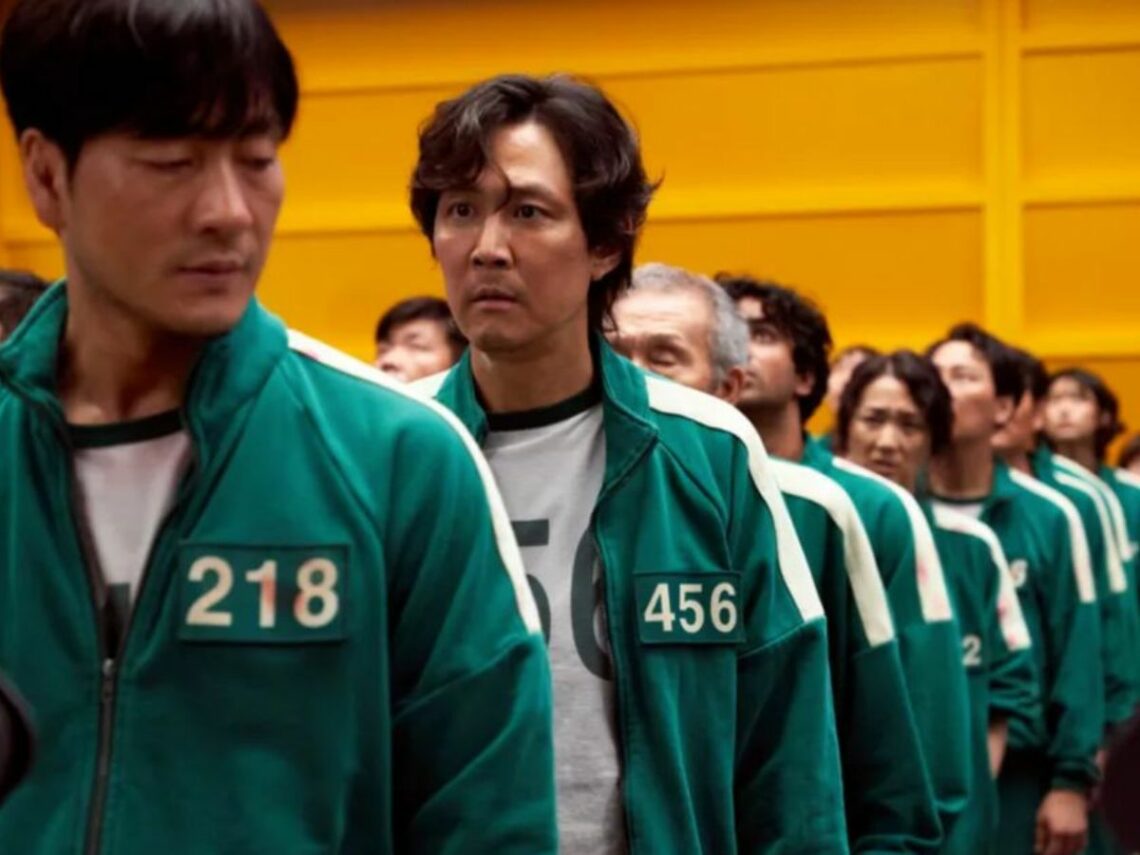For the last ten years or so, it’s become evident that the cultural milieu of South Korea has been making waves in the west, and there is perhaps no clearer example of this than on Netflix. The country is currently experiencing one of the sharpest inclines in terms of its economy that the modern world has known, and this has primarily occurred off the back of the newfound success of South Korean entertainment.
Over the last decade, it’s been clear that South Korean culture is making a serious dent in the western world. The East Asian country is enjoying one of the most dramatic economic ascents in the 21st Century, establishing itself as a vital global figure, and it essentially comes down to the way Korea is dominating the globe from that very cultural perspective.
The word ‘Hallyu’ is used to describe the global success of South Korean pop culture, which extends to the realms of film, TV, food, music and fashion, and it literally means ‘Korean wave’. Hallyu has been in full swing for some time now, and it’s clear to see the effect it’s been having on western culture itself.
After all, K-pop bands are some of the most famous acts in the West right now. Take, for instance, the likes of BTS and BLACKPINK, both of whom are clocking up rather insane amounts of plays on Spotify and Apple Music through a large western fanbase. And arguably, the musical obsession with Korea stems back to PSY and his dreaded ‘Gangnam Style’ of 2012
In terms of the film and TV industry, though, the South Korean boom really started in the 1990s, when the previously oppressive political regimes that stemmed from the Korean War and the country’s division were lifted. It was around this time that Korean companies became free to invest in film and television.
Several films of high quality started to come out of the country, including Lee Chang-dong’s Peppermint Candy and Park Chan-wook’s Vengeance Trilogy (comprised of 2002’s Sympathy for Mr. Vengeance, 2003’s Oldboy and 2005’s Lady Vengeance), and just take the fact that Oldboy has been remade into an American version for proof that Korean’s influence on the west is thriving – and is seated further back that one might initially imagine.
In more recent years, we’ve seen widespread success in Korean cinema, from the glorious The Handmaiden, again by Park (one of Korea’s undoubted most considerable talents) and Lee’s Burning, which many consider to be one of the greatest films to have come out of Asia, let alone Korea. The crowning moment of South Korean film as a global force, though, was undoubtedly in 2020 when Bong Joon-ho‘s 2019 film Parasite won the Academy Award for ‘Best Picture’, marking the first time a non-English language movie scooped the film industry’s most-coveted prize.
Bong is, of course, no stranger to western cinema fans, having already released great works such as Snowpiercer and Okja to a welcome western reception. But it was Parasite – a tale of the division between the minority working and the widespread middle classes in Korea – that really proved his genius. Parasite also took the prestigious honour of being the first South Korean film to win the Palme d’Or at the Cannes Film Festival.
In terms of television, it’s hard to ignore the impact of Squid Game, which was arguably the most talked about TV show of 2019, and over the last year, we’ve seen the likes of The Glory enjoy the same amount of buzz, as have K-dramas in general, which have enjoyed widespread success in America and parts of Europe.
Perhaps there’s a plethora of reasons for South Korea’s emergence as a dominant cultural force. For starters, we might consider the fetishisation of Korea’s neighbour and former oppressors, Japan. The term ‘weeb’ describes westerners with a cultural obsession with all things Japanese, but particularly anime, and such a pejorative term has perhaps led to such weebs being ashamed of their passion.
Westerns have instead turned what’s coming out of Korea, after decades upon decades of anime, manga, Kurosawa and Kore-eda, preferring to see what the other East Asian country has to offer. They’ve found that culture is just as rich, even if it does, at least from a film perspective, tend to rely heavily on the shock factor in the thriller and horror genres.
There’s also the sense that Korean films and TV express socially universal themes, which is particularly evident in The Glory and in Parasite too. Themes of social isolation and injustice are applicable to pretty much every part of the world, and Korean entertainment’s focus on them is evidently paying dividends.
But the biggest reason behind the Korean cultural boom is simply the fact that the South Korean government is supporting the film and television industry by providing significant financial investment. There’s a belief that the economy of the country can continue to grow by dominating a global market as well as a domestic one, and so far, it’s proving to be true.
Western companies are also targeting Korea as a viable entertainment market, and Netflix recently announced that there are investing $500 million to create content within the country. If the success of Squid Game and The Glory is anything to go by, then Netflix will likely enjoy the Hallyu movement for years to come.
Really, though, the success of South Korea in the west comes down to the fact that Korean films and TV shows are of a high-quality and with the likes of Bong, Lee and Chang making waves on the global cinema circuit for some time now, it’s likely that considerations of Korean auteurs will only strengthen over the next few years.
